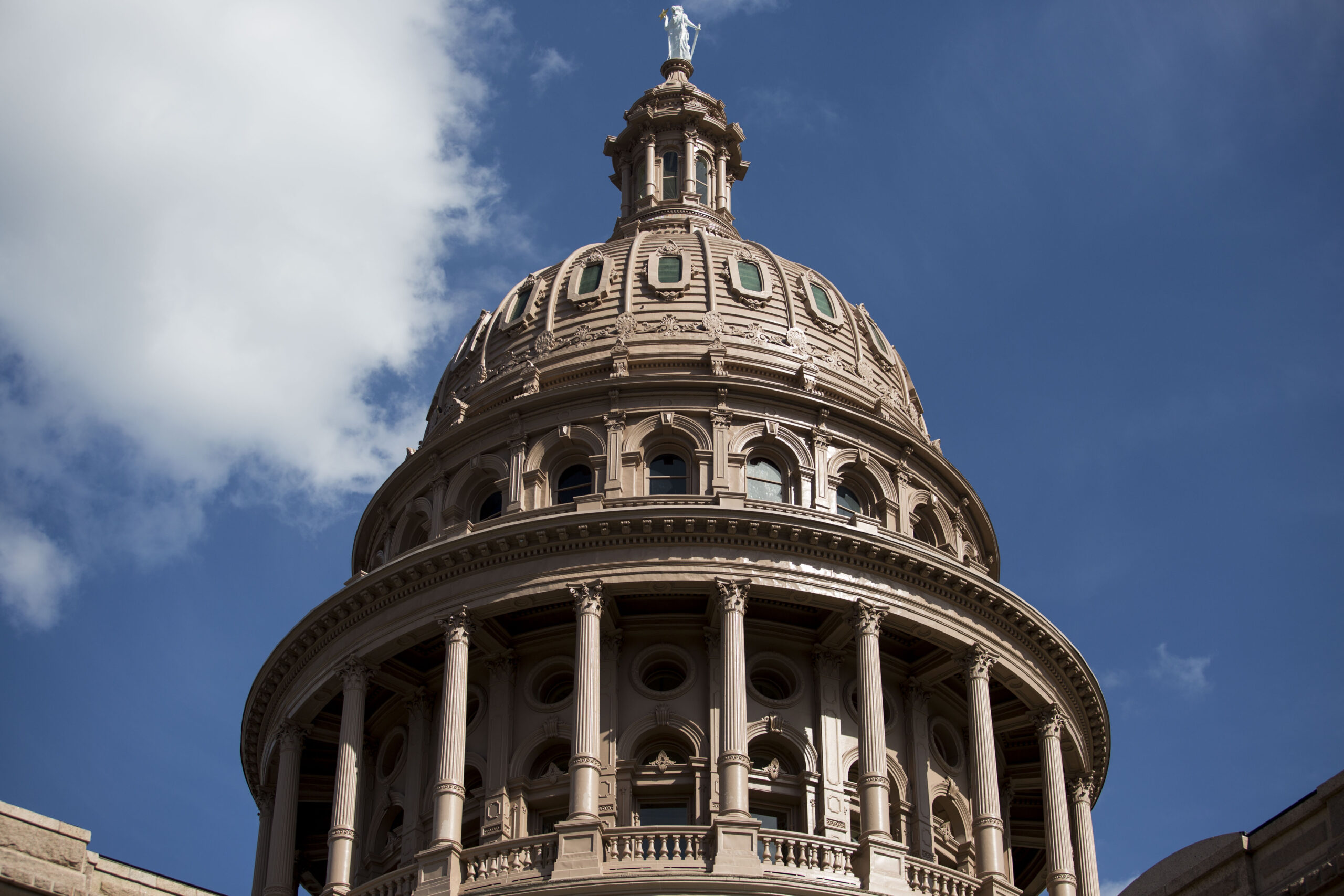The City of Houston is suing Texas over a new law that critics say will invalidate local ordinances.
House Bill 2127 earned a nickname from opponents during the 88th legislative session: The Death Star Bill. This, of course, is meant to conjure up images of that planet-destroying weapon from Star Wars wielded by Darth Vader’s team.
When it takes effect Sept. 1, a blast from HB 2127 will have the power to wipe out local ordinances related to a wide range of broadly-defined categories like finance, labor and agriculture in jurisdictions across Texas. Critics say the language is so broad, it’s not entirely clear which local ordinances it invalidates and which it does not.
» RELATED: Texas’ ‘Death Star’ bill could kill a slew of local laws. Here’s how.
At a press conference earlier this week, Houston Mayor Sylvester Turner said HB 2127 would invalidate rules for tow truck companies, outdoor music festivals and boarding homes, for example. Turner said the new law means cities like Houston cannot pass ordinances in a wide range of areas without explicit permission from the state of Texas.














